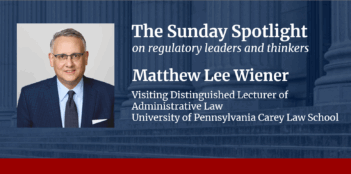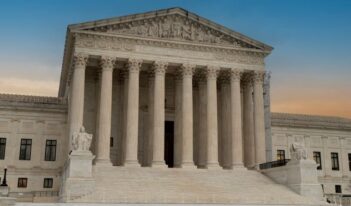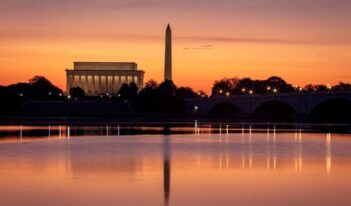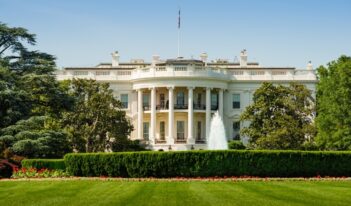“Regulating” Instead of “Regulation”
Scholar argues that regulation should be thought of as a verb, because regulating well demands dynamic and ongoing effort.
Improving the Administrative State
Matthew Lee Wiener discusses his career in public service and current challenges facing the administrative state.
The Supreme Court’s 2024-2025 Regulatory Term
Scholars and practitioners examine the Court’s most important regulatory decisions of this past term.
Storytelling, Rulemaking, and de Tocqueville
Receiving stories in agency rulemakings is integral to American democracy.
Presidential Regulatory Reform
Presidents have played an important and sometimes surprising role in driving regulatory changes.
Lessons From History Can Help Restore Stability
History suggests that public accountability and institutional checks can restore stability in government.
Government’s Influence on American Economic Development
Scholars respond to a review of their work and expand on the book’s lessons for the future.
Regulatory Legacies and the Potential Limits of Trump 2.0
Shapiro and Tomain’s new book highlights political and economic constraints on the incoming Trump Administration’s ability to achieve its goals.
Trump Deregulatory Review Redux Plus
Trump’s 1-in-10-out executive order threatens necessary regulations and existing constitutional norms.
“Big” Government Protects American Values in a Big Economy
Their definitions and applications have evolved, but core American values have kept government and markets in dynamic equilibrium.
A Sorely Needed Defense of Government’s Possibilities
Government regulation has played a crucial role in developing U.S. industries and improving citizens’ lives.
The Unbearable Lightness of the Unitary Executive Theory
A Supreme Court that embraces a powerful executive could aid President Trump’s efforts to eliminate agency independence.












